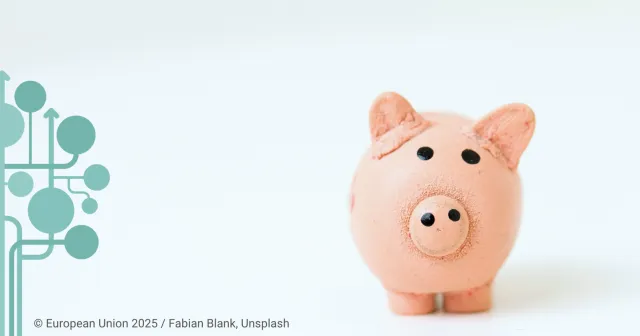EPALE focus: Non-formal and informal learning

From 15–19 August EPALE will have a special focus on non-formal and informal learning.
Although they are different, non-formal and informal learning are often used interchangeably to refer to the process of gaining skills, knowledge and competencies outside traditional learning environments.
Non-formal and informal learning are often under-researched and undervalued, but they can help meet the needs of learners who aren’t reached through traditional formal learning routes.
We at EPALE want to raise awareness about the importance of non-formal and informal learning and provide our community of adult learning professionals with practical resources, interesting articles and useful tips on the topic.
Don’t forget to check out some of our highlighted content below, collated by EPALE’s national teams from across Europe. To view a full list of all our content related to non-formal and informal learning, visit our subtheme Valuing non-formal and informal learning.
Blog posts
“Skills” – a key concept for the education sector? (DE)
Case study on Feeling Younger by Getting Older (EN)
Football educates (DE)
Informal learning – German perspective on EPALE (DE)
Learning and civic engagement (DE, EN, FR)
Migration, entrepreneurship and informal learning (DE, EN, FR)
Study Circle. Swedish method of adult education (EN, PL)
Teachers in non-formal system (IT)
The educational stave. Five elements that make the alchemy of educating (IT)
Validation based on qualification framework: Project Match2NQF (DE, EN)
Validation non-formal and informal learning – a holistic approach by Scotland (EN)
Validation of competences in the field of volunteering based on the European Qualification Framework (DE, EN, ES, IT, PT)
Women learn programming at Rails Girls Szczecin workshops (EN, PL)
Resources
Brochure “Recognition in Germany” (DE)
ECVET in non-formal education - potential demand, implementation (DE)
European guidelines for validating non-formal and informal learning (EN, RO)
Monitoring the use of validation of non-formal and informal learning (EN)
Recognition of Non-formal and Informal Learning: Country Practices (EN)
Recognising Non-Formal and Informal Learning: Outcomes, Policies and Practices (EN)
Recognition of Non-formal and Informal Learning: Pointers for policy development (EN)
Recognition and application of informal and non-formal learning (DE)
Recognition, Validation and Accreditation of non-formal and informal learning in UNESCO countries (EN)
Recognizing informally acquired skills in Germany (DE)
TEACH: about us (Newsletter) (EN)
TEACH: Understanding the barriers to learning (Newsletter) (EN)
The validation challenge: how close is Europe to recognising all learning? (DE, EL, EN, ES, FR, IT, PL, PT)
Comments
Bardzo ciekawy wybór. Jak dla
Bardzo ciekawy wybór. Jak dla mnie jeden z ciekawszych tygodni tematycznych na platformie. Chyba najnbardziej podobał mi się ten: /pl/node/6782
Sistem certificiranja neformalno pridobljenega znanja
V Sloveniji obstaja v sistem nacionalnih poklicnih kvalifikacij, ki omogoča, da se neformalno pridobljena znanja formalizirajo, in omogoča, da posameznik pridobi uradno potrdilo s katerim ta znanja dokazuje. Uradno potrdilo s katerim posameznik dokazuje svoja neformalno pridobljena znanja oziroma svoje delovne izkušnje se imenuje certifikat o nacionalni poklicni kvalifikaciji (NPK).
Prodobne infomracije o možnosti certificiranja najdet na spletni strani ww.npk.si





Apprentissage et Education : "non formel" et "informel"
Interroger les apprentissages non formels et informels c'est aussi, notamment mais pas seulement, interroger leurs usages et leurs rapports à l'éducation et donc leurs positionnements et leurs reconnaissances. En complément des ressources proposées, je me permets de refaire le lien sur le blog proposé le 10/06/2016 sur l'éducation formelle, non formelle et informelle qui souhaite définir ces termes.
Ces éléments sont en étroite interaction.